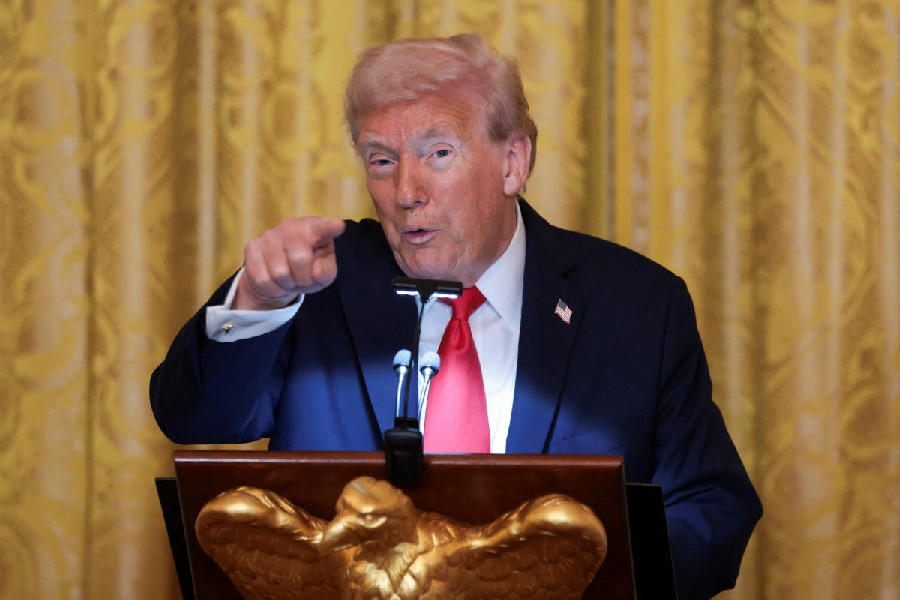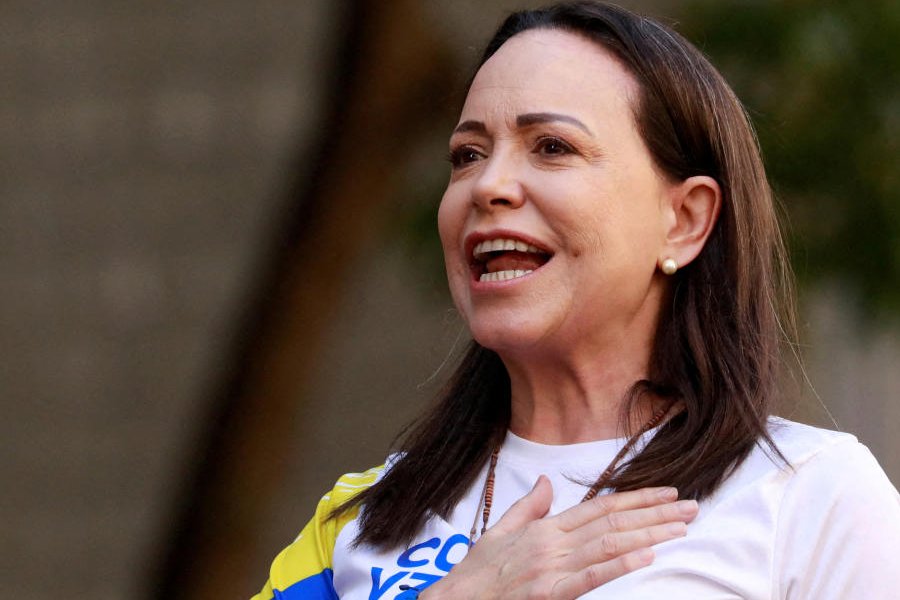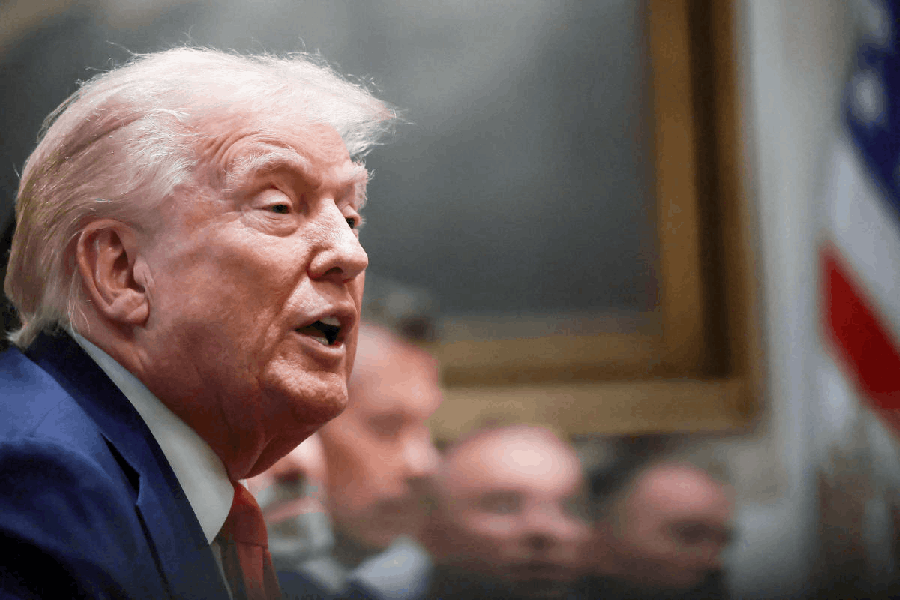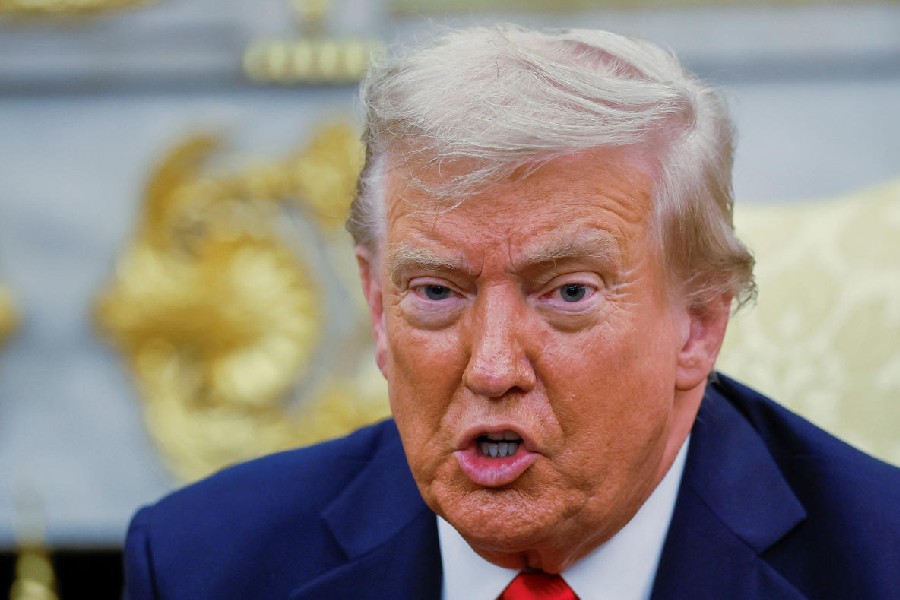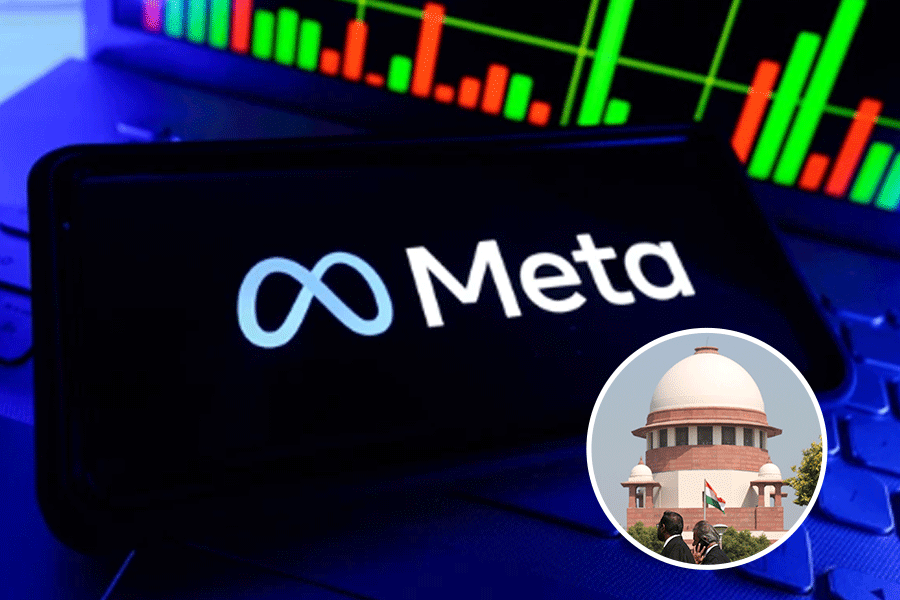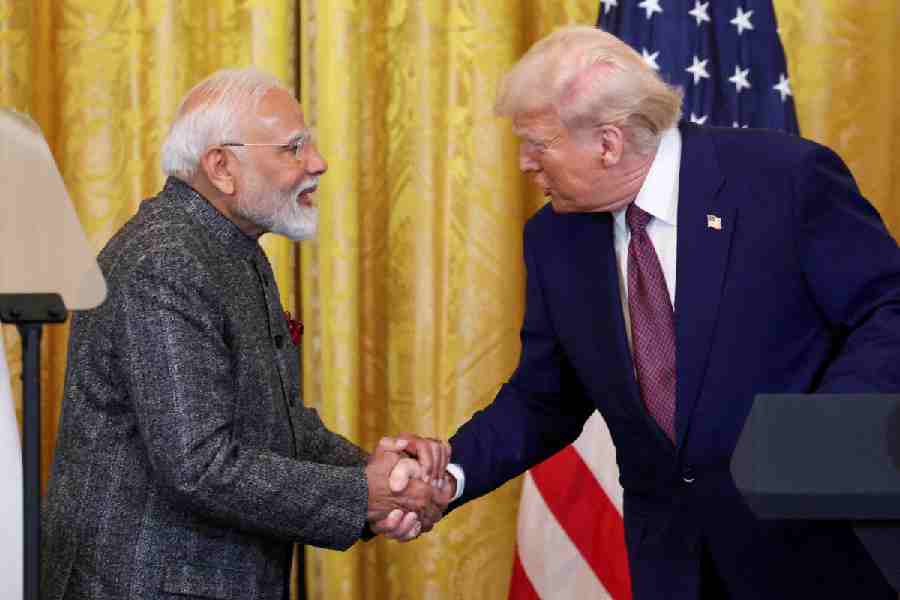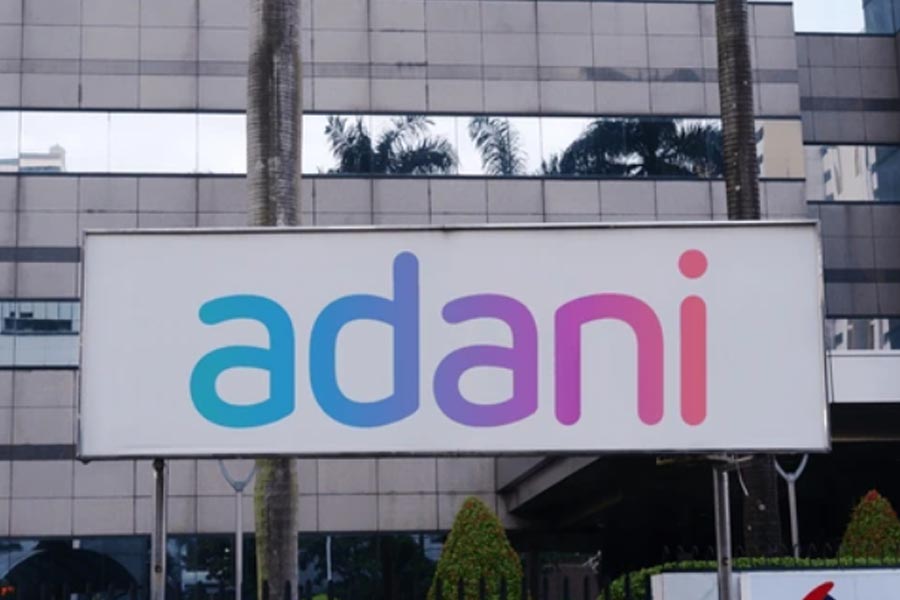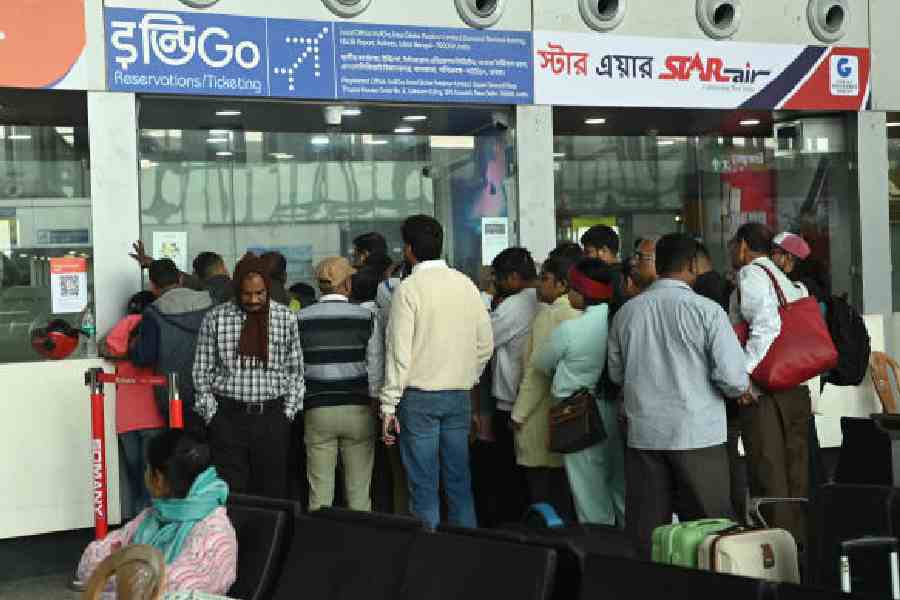United States President Donald Trump on Wednesday confirmed that he has authorised the Central Intelligence Agency (CIA) to conduct covert operations inside Venezuela.
He further said that his administration was considering land-based military action in the South American country as part of a broader effort to combat drug cartels.
Trump’s comments came amid mounting tensions between Washington and Caracas, following a series of US military strikes on boats in the Caribbean Sea allegedly involved in drug trafficking.
Since early September, at least five vessels have been targeted, resulting in the deaths of 27 people.
According to US officials, four of the five boats originated from Venezuela. The United Nations-appointed human rights experts have called the attacks “extrajudicial executions.”
The president’s acknowledgment came after The New York Times reported that the CIA had been authorised to carry out covert action in Venezuela.
Speaking at a news conference alongside senior law enforcement officials, Trump was asked why he had authorised the operation.
“I authorised for two reasons, really,” he replied. “Number one, they have emptied their prisons into the United States of America. And the other thing, the drugs, we have a lot of drugs coming in from Venezuela, and a lot of the Venezuelan drugs come in through the sea.”
Trump added that his administration was “looking at land” as it considers expanding operations in the region.
When asked whether the CIA had the authority to take action against Venezuelan President Nicolás Maduro, Trump declined to give a direct answer, calling it “a ridiculous question to answer,” but added that “Venezuela’s feeling heat.”
Earlier this month, the Trump administration declared drug cartels to be “unlawful combatants” and said the United States was in an “armed conflict” with them.
The move was justified as a necessary escalation to curb narcotics smuggling into the country, but it drew criticism in Congress, where lawmakers from both parties accused Trump of committing acts of war without seeking congressional authorisation.
Senator Jeanne Shaheen, the ranking Democrat on the Senate Foreign Relations Committee, said while she supports efforts to curb trafficking, the administration had gone too far.
“The Trump administration’s authorisation of covert CIA action, conducting lethal strikes on boats and hinting at land operations in Venezuela, slides the United States closer to outright conflict with no transparency, oversight or apparent guardrails,” she said. “The American people deserve to know if the administration is leading the US into another conflict, putting service members at risk or pursuing a regime-change operation.”
Two US officials familiar with the operations told reporters that the administration has not yet provided lawmakers with concrete evidence proving that the targeted boats were carrying narcotics.
The officials, speaking on condition of anonymity, said the administration had so far relied only on unclassified video clips posted on social media by Trump and defence secretary Pete Hegseth, without presenting “hard evidence.”
Venezuela’s government called the admission a violation of international law and the United Nations Charter.
“The purpose of US actions is to create legitimacy for an operation to change the regime in Venezuela, with the ultimate goal of taking control of all the country’s resources,” the Maduro government said in a statement.
During a televised meeting of the National Council for Sovereignty and Peace, President Nicolás Maduro condemned the CIA’s global record without directly addressing Trump’s statements.
“No to regime change that reminds us so much of the overthrows in the failed eternal wars in Afghanistan, Iraq, Libya and so on,” Maduro said.
Trump’s recent comments also reflect his broader efforts to expand presidential war powers.
Since returning to office for a second term, he has invoked laws such as the Alien Enemies Act of 1798, claiming that Venezuela had masterminded an “invasion” of migrants and criminal groups into the US.
These assertions have been contradicted by his intelligence community.
A declassified US intelligence report released in May found no evidence directly linking President Maduro to criminal organisations such as the Tren de Aragua gang.
Despite this, Trump reiterated his claim on Wednesday, alleging that Venezuela had sent prisoners and people with mental health issues to destabilise the United States.
“Many countries have done it, but not like Venezuela. They were down and dirty,” he said.
Trump’s authorisation of CIA activity in Venezuela follows earlier secret directives reportedly signed in August, allowing the US military to act against drug-trafficking cartels and other Latin American criminal networks.
In October, he sent a memo to Congress asserting that the country was in a “non-international armed conflict” with these cartels, now designated as “unlawful combatants.”
Under this framework, US forces have intensified military operations, including multiple missile strikes on small boats off the Venezuelan coast.
Trump has called the vessels “narco-terrorist” targets and claimed the strikes were aimed at saving American lives from drug-related deaths.
“When they’re loaded up with drugs, they’re fair game,” he told reporters. “We know we have much information about each boat that goes. Deep, strong information.”
Legal experts and human rights groups have warned that the bombings may constitute violations of international law.
Drug traffickers, they note, do not meet the definition of armed combatants, and the US has yet to release any evidence substantiating its claims.
Trump defended the strikes, saying the traditional method of seizing boats had been ineffective.
“Because we have been doing that for 30 years, and it has been totally ineffective. They have faster boats,” he said. “They are world-class speedboats, but they are not faster than missiles.”
He called the campaign a success and suggested the next phase could extend to Venezuelan territory.
“We’ve almost totally stopped it by sea. Now, we’ll stop it by land,” Trump said, adding that even fishermen were staying away from the waters.
“We are certainly looking at land now because we’ve got the sea very well under control,” he concluded.
With inputs from agencies

